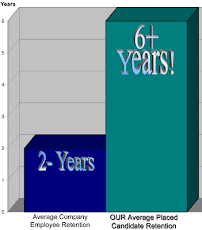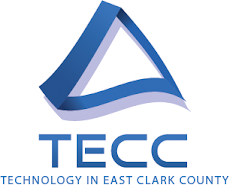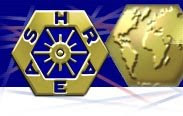
How can you make every meeting a productive use of time that moves your organization closer to its goals? The key is to require that every participant--from meeting manager to each attendee--to accept 100 percent responsibility for the results of the meeting.
Meeting participants often feel they’re only a silent participant with little control over the meeting’s agenda and flow. This attitude changes dramatically when each participant is responsible for the two major components of a quality meeting--courageous participation and time management.
Courageous participation pays off
Recently I worked with a company where the research director chose not to speak up in meetings. When I asked her why, she said: “I’m not going to compete with all the sales and marketing people who talk all the time to impress people. I’ve been brought up to believe that ‘self-praise stinks.’ I don’t have to impress anyone. Executives will call on me if they want information.”
I suggested that she take a risk and ask at least one question in the next meeting. She did so, and it changed the focus of the meeting because it was a question no one had considered. The entire discussion shifted as a result of her question.
Using time wisely
Here are some suggested questions participants can ask to turn around an unproductive meeting:
• What is the agenda so we can plan our contributions and our time (if no agenda handed out)?
• Which objective are we discussing (if someone has sidetracked the meeting to their own agenda)?
• I am having a hard time hearing the speaker (directed at the person next to you who is in a side conversation).
• I’d like to hear what Mary has to say. We haven’t heard from her yet (if a major contributor has not yet spoken).
• It sounds like the conversation is getting personal. May we summarize each approach (if two people are raising their voices at each other)?
These statements/questions may seem risky especially if the meeting manager is a senior executive. But if an organization claims to be committed to an atmosphere of trust and respect, in which management listens and responds appropriately, executives should respect and adhere to that commitment.
Three tips for better meetings
Meetings are a waste of time when they are viewed as unnecessary—either spur of the moment, too long, or with the wrong people. Sometimes attendees lack preparation, don’t participate, or refuse accountability and the agenda is off target, hidden, or simply missing. Then unresolved issues arise, decisions aren’t made, or deadlines are missed and there is no closure or documentation of the results.
Here are three tips for making your meetings efficient and effective:
1) Assign a meeting manager
Before each meeting, a manager should be designated. This person should plan by:
• Determining what specific objective(s) should be accomplished by the end of the meeting
• Deciding what kind of meeting it will be: information sharing or decision-making
• Selecting attendees based on the need for their contributions
• Sending the agenda out in advance, with stated objectives, assignments to prepare, expected formats, and time length
• Selecting appropriate meeting room and audio/visual requirements
• Starting the meeting on time
• Sticking to the agenda so all who prepared get to contribute
2) Encourage participation
The meeting manager should encourage every voice to be heard by:
• Providing a safe, respectful environment so everyone will participate fully
• Completing objectives within the announced time frames and developing action plans
• Summarizing results and expected individual follow-up actions
3) Follow-up
The meeting manager should spend time following-up after the meeting by:
• Sending out complete minutes including assignments and expected action dates for completion
• Providing periodic monitoring of the people who are responsible for completing the action items
Before your next meeting, get proactive by using these tips. Don’t let meetings become a waste of time.














No comments:
Post a Comment